A Poem and Translation
[fusion_builder_container hundred_percent=”no” equal_height_columns=”no” menu_anchor=”” hide_on_mobile=”small-visibility,medium-visibility,large-visibility” class=”” id=”” background_color=”” background_image=”” background_position=”center center” background_repeat=”no-repeat” fade=”no” background_parallax=”none” enable_mobile=”no” parallax_speed=”0.3″ video_mp4=”” video_webm=”” video_ogv=”” video_url=”” video_aspect_ratio=”16:9″ video_loop=”yes” video_mute=”yes” video_preview_image=”” border_size=”” border_color=”” border_style=”solid” margin_top=”” margin_bottom=”” padding_top=”” padding_right=”” padding_bottom=”” padding_left=””][fusion_builder_row][fusion_builder_column type=”1_1″ layout=”1_1″ spacing=”” center_content=”no” hover_type=”none” link=”” min_height=”” hide_on_mobile=”small-visibility,medium-visibility,large-visibility” class=”” id=”” background_color=”” background_image=”” background_position=”left top” background_repeat=”no-repeat” border_size=”0″ border_color=”” border_style=”solid” border_position=”all” padding=”” dimension_margin=”” animation_type=”” animation_direction=”left” animation_speed=”0.3″ animation_offset=”” last=”no”][fusion_text]
By Sima Rabinowitz
[/fusion_text][/fusion_builder_column][/fusion_builder_row][/fusion_builder_container][fusion_builder_container hundred_percent=”no” equal_height_columns=”no” menu_anchor=”” hide_on_mobile=”small-visibility,medium-visibility,large-visibility” class=”” id=”” background_color=”” background_image=”” background_position=”center center” background_repeat=”no-repeat” fade=”no” background_parallax=”none” enable_mobile=”no” parallax_speed=”0.3″ video_mp4=”” video_webm=”” video_ogv=”” video_url=”” video_aspect_ratio=”16:9″ video_loop=”yes” video_mute=”yes” video_preview_image=”” border_size=”” border_color=”” border_style=”solid” margin_top=”” margin_bottom=”” padding_top=”” padding_right=”” padding_bottom=”” padding_left=””][fusion_builder_row][fusion_builder_column type=”1_2″ layout=”1_2″ spacing=”” center_content=”no” hover_type=”none” link=”” min_height=”” hide_on_mobile=”small-visibility,medium-visibility,large-visibility” class=”” id=”” background_color=”” background_image=”” background_position=”left top” background_repeat=”no-repeat” border_size=”0″ border_color=”” border_style=”solid” border_position=”all” padding=”” dimension_margin=”” animation_type=”” animation_direction=”left” animation_speed=”0.3″ animation_offset=”” last=”no”][fusion_text]
Nuestra Música
Hay silencios sagrados
las pausas frágiles entre palabras
Hay silencios desgraciados
quedarnos mudos cuando hay tanto que exige expresión
Hay silencios inesperados
ya no recuerdo el timbre de tu voz
Hay silencios desanimados
tener que repetir una vez más nuestra petición
Hay silencios que insisten
que resisten
que saben salvarse
Hay silencios que son como museos
archivos de almas desvanecidos
Hay silencios que sueñan
con una noche—una sola noche—sin tiros
Hay silencios que inventan su propia historia
para no dejarnos sin narrativa
Hay silencios que inspiran
una íntima benedición tentativa
Hay silencios que hacen una tregua con la noche
ocultando sus motivos
Hay silencios que nos dan la fuerza
de seguir siendo testigos
Hay silencios robados, fallados, falsificados
Hay silencios engañados, lastimados, dañados
Y hay silencios que ruegan ser llenados
de un canto humilde de amor
[/fusion_text][/fusion_builder_column][fusion_builder_column type=”1_2″ layout=”1_2″ spacing=”” center_content=”no” hover_type=”none” link=”” min_height=”” hide_on_mobile=”small-visibility,medium-visibility,large-visibility” class=”” id=”” background_color=”” background_image=”” background_position=”left top” background_repeat=”no-repeat” border_size=”0″ border_color=”” border_style=”solid” border_position=”all” padding=”” dimension_margin=”” animation_type=”” animation_direction=”left” animation_speed=”0.3″ animation_offset=”” last=”no”][fusion_text]
Our Music
Some silences are sacred
the fragile pauses between words
Some silences are disgraceful
we are mute when there is so much to say
Some silences are unexpected
I no longer remember the sound of your voice
Some silences are weary
having to repeat our request, once again
Some silences insist
some resist
some know how to save themselves
Some silences are like museums
archives of vanished souls
Some silences dream
of one night—just one single night—empty of the sound of gunfire
Some silences invent their own history
so we won’t be left without a story
Some silences inspire
a tentative, intimate prayer
Some silences call a truce with the night
hiding their motives
Some silences give us the strength
to carry on serving as witnesses
Some silences are stolen, mistaken, false
Some silences are deceptive, damaged, injured
And some silences beg to be filled
with a humble song of love
[/fusion_text][/fusion_builder_column][/fusion_builder_row][/fusion_builder_container][fusion_builder_container hundred_percent=”no” equal_height_columns=”no” menu_anchor=”” hide_on_mobile=”small-visibility,medium-visibility,large-visibility” class=”” id=”” background_color=”” background_image=”” background_position=”center center” background_repeat=”no-repeat” fade=”no” background_parallax=”none” enable_mobile=”no” parallax_speed=”0.3″ video_mp4=”” video_webm=”” video_ogv=”” video_url=”” video_aspect_ratio=”16:9″ video_loop=”yes” video_mute=”yes” video_preview_image=”” border_size=”” border_color=”” border_style=”solid” margin_top=”” margin_bottom=”” padding_top=”” padding_right=”” padding_bottom=”” padding_left=””][fusion_builder_row][fusion_builder_column type=”1_1″ layout=”1_1″ spacing=”” center_content=”no” hover_type=”none” link=”” min_height=”” hide_on_mobile=”small-visibility,medium-visibility,large-visibility” class=”” id=”” background_color=”” background_image=”” background_position=”left top” background_repeat=”no-repeat” border_size=”0″ border_color=”” border_style=”solid” border_position=”all” padding=”” dimension_margin=”” animation_type=”” animation_direction=”left” animation_speed=”0.3″ animation_offset=”” last=”no”][fusion_text]
Sima Rabinowitz is the author of The Jewish Fake Book (Elixir Press) and Murmuration (New Michigan Press). Her prose and poetry have appeared recently in The Saint Ann’s Review, Amp, Hamilton Arts & Letters, and Trivia: Voices of Feminism. She wrote “Nuestra Música” for her dearest friends and her community in the Bronx.
Photo credit: K. Kendall via a Creative Commons license.
[/fusion_text][/fusion_builder_column][/fusion_builder_row][/fusion_builder_container]

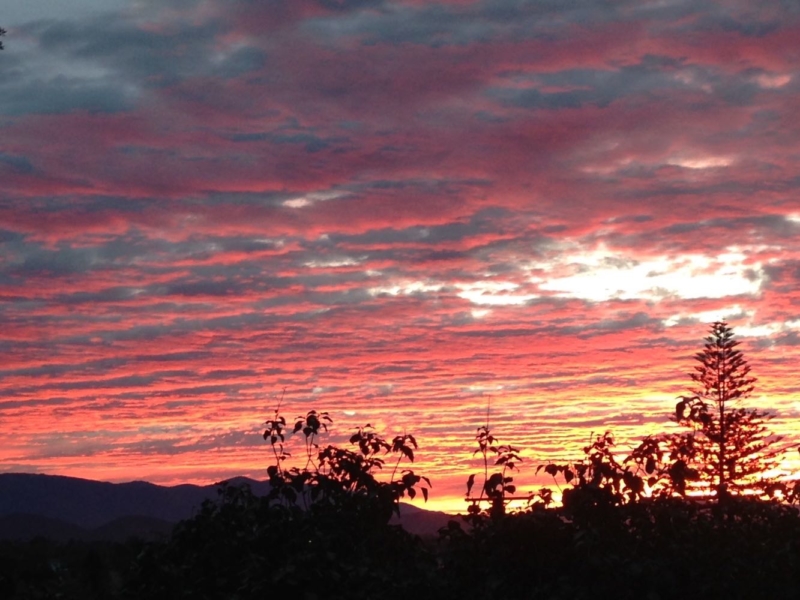
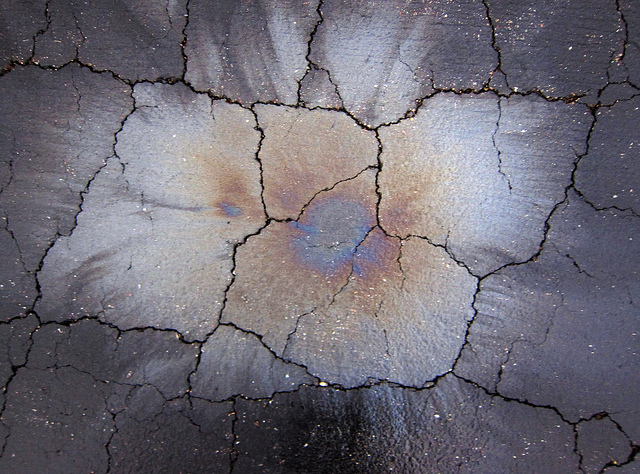
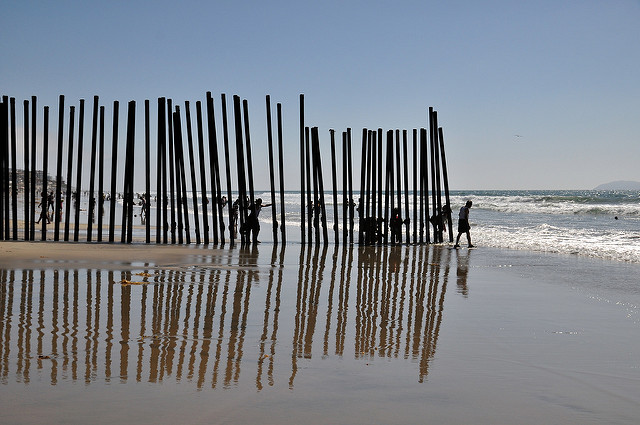
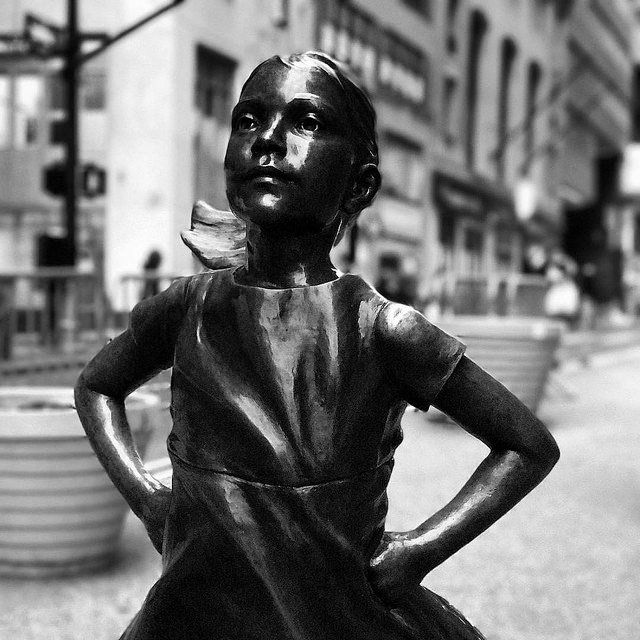

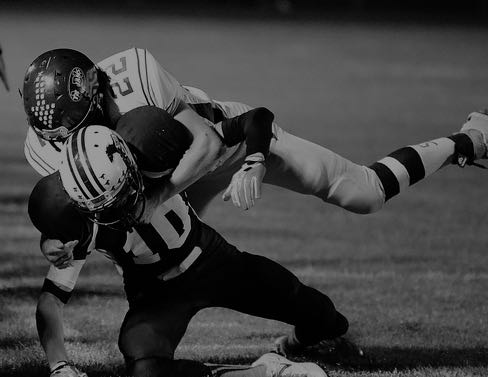
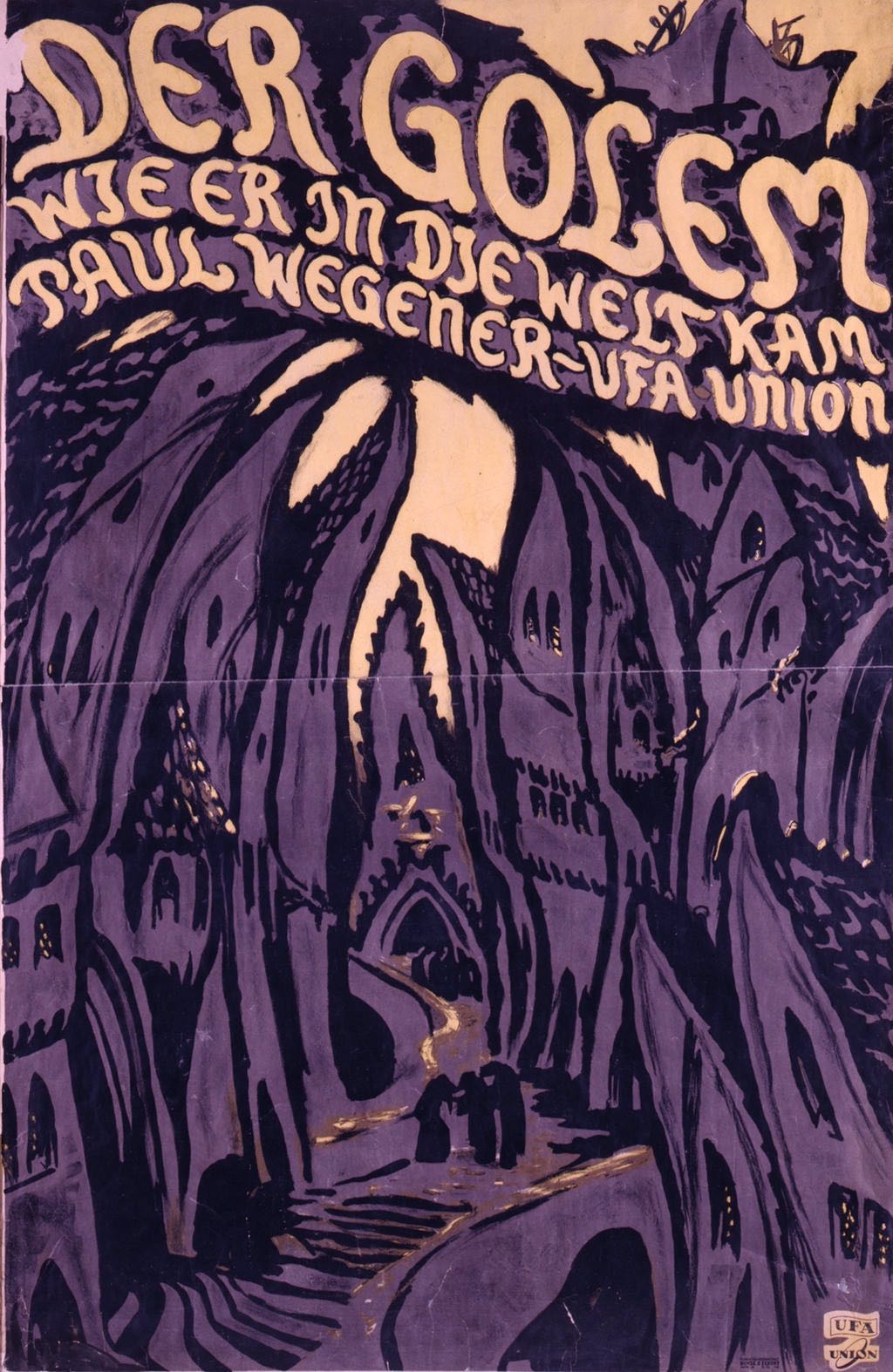
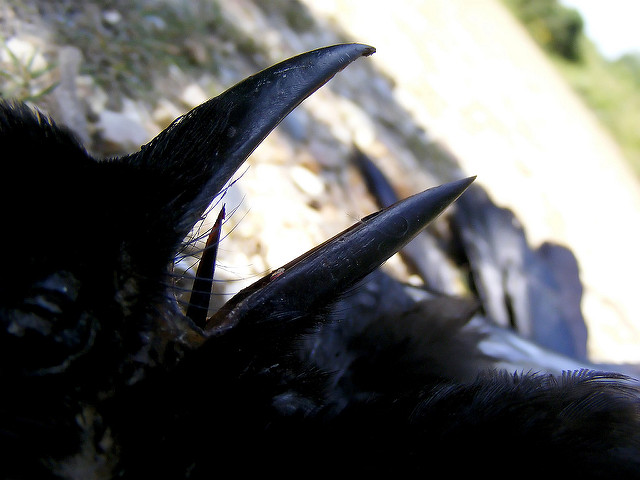
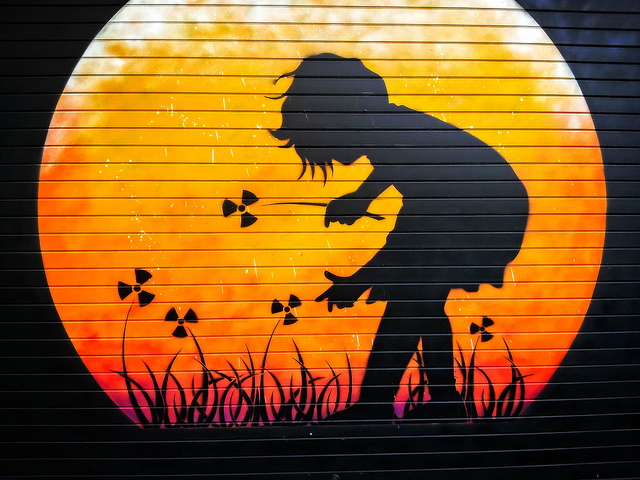
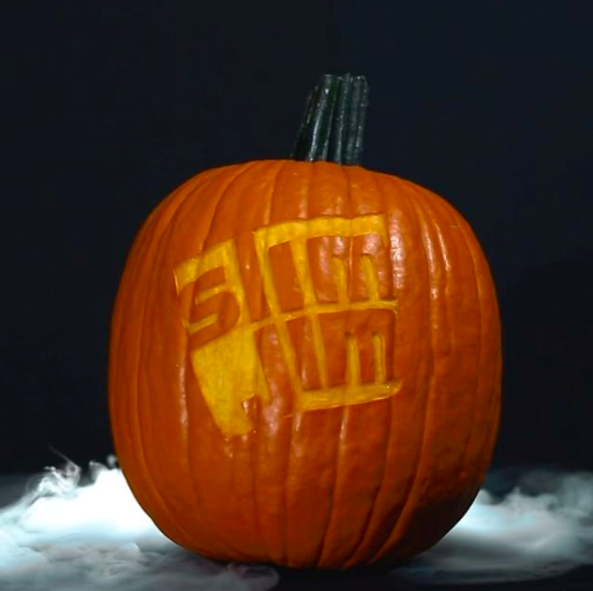
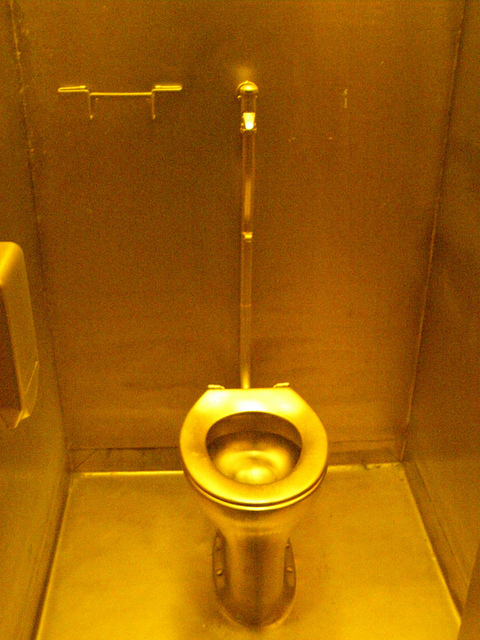

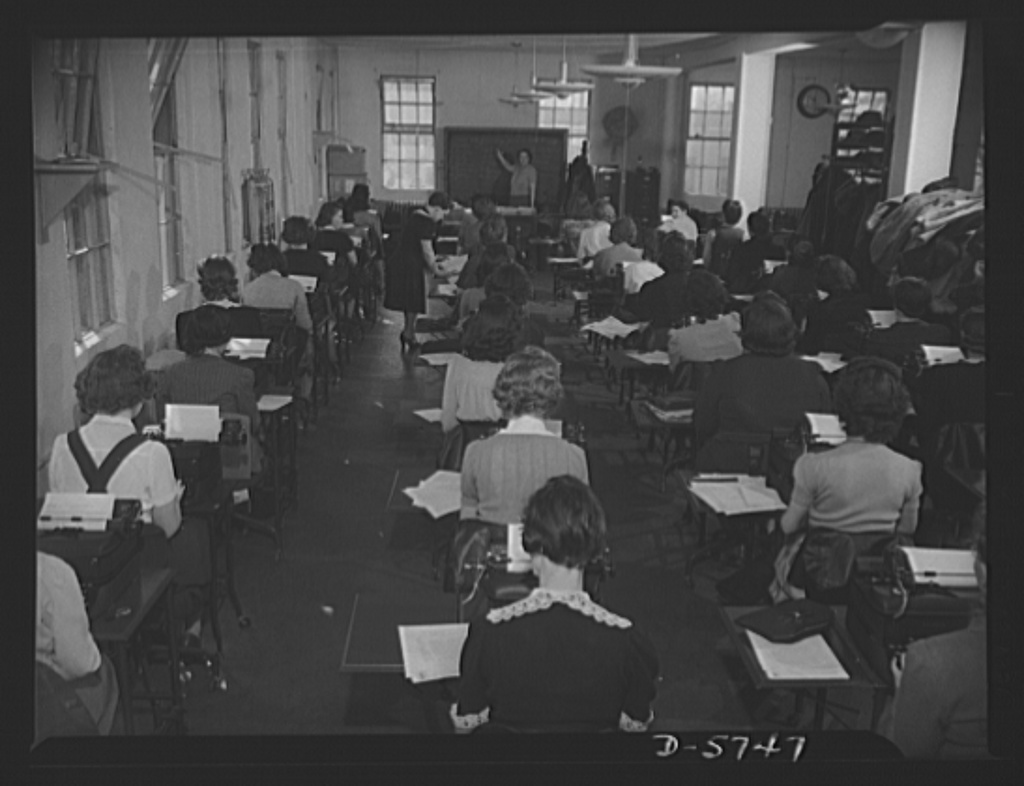

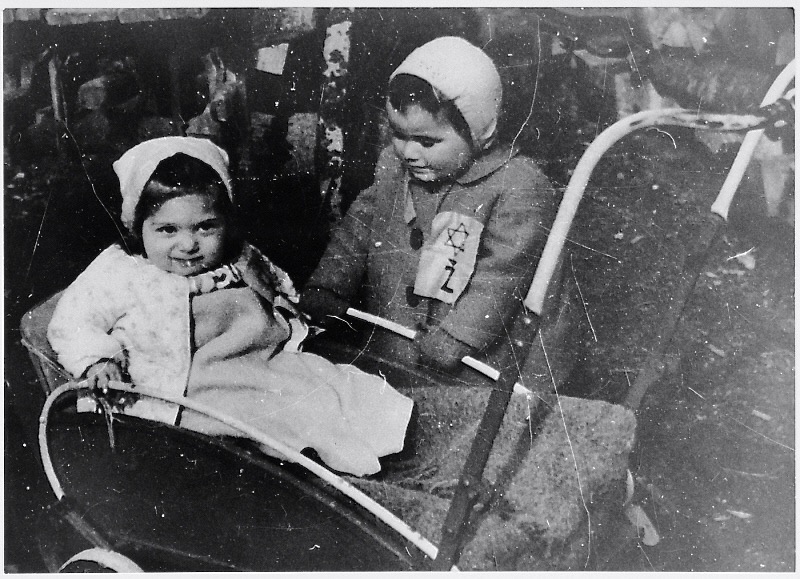
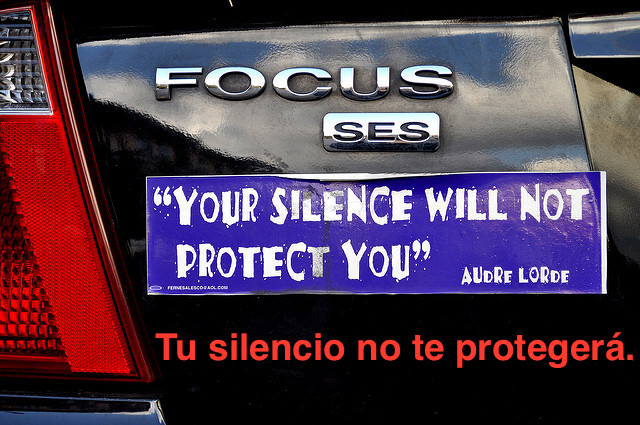


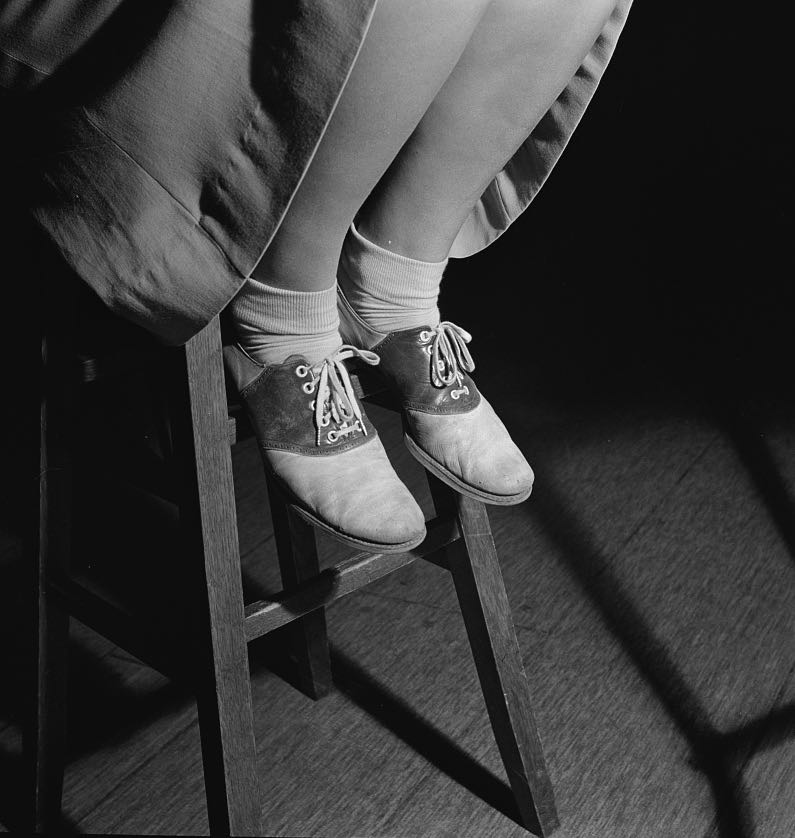
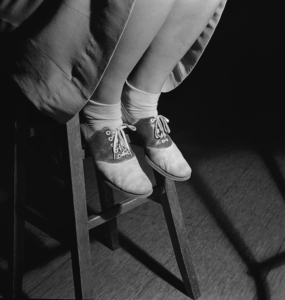 Out of television into living daylight, like
Out of television into living daylight, like Bebe Kern lives in the North Carolina Piedmont region, drives a Ford truck, works a day job, and listens to poets and musicians including Donald Justice, Miroslav Holub, Jane Hirschfield, Charlie Smith, Tom Waits, Mary Gauthier, Drunken Prayer, The Handsome Family and Loretta Lynn. She had a poetry class at the University of Alabama under Hudson Strode, and studied at the University of South Alabama with Walter Darring and Stephen Mooney. Her poem, “Pray Mississippi,” was named a finalist by The Thomas Jefferson Center for the Protection of Free Expression. Novelist Julie Edelson reviewed Bebe’s original CD,
Bebe Kern lives in the North Carolina Piedmont region, drives a Ford truck, works a day job, and listens to poets and musicians including Donald Justice, Miroslav Holub, Jane Hirschfield, Charlie Smith, Tom Waits, Mary Gauthier, Drunken Prayer, The Handsome Family and Loretta Lynn. She had a poetry class at the University of Alabama under Hudson Strode, and studied at the University of South Alabama with Walter Darring and Stephen Mooney. Her poem, “Pray Mississippi,” was named a finalist by The Thomas Jefferson Center for the Protection of Free Expression. Novelist Julie Edelson reviewed Bebe’s original CD, 